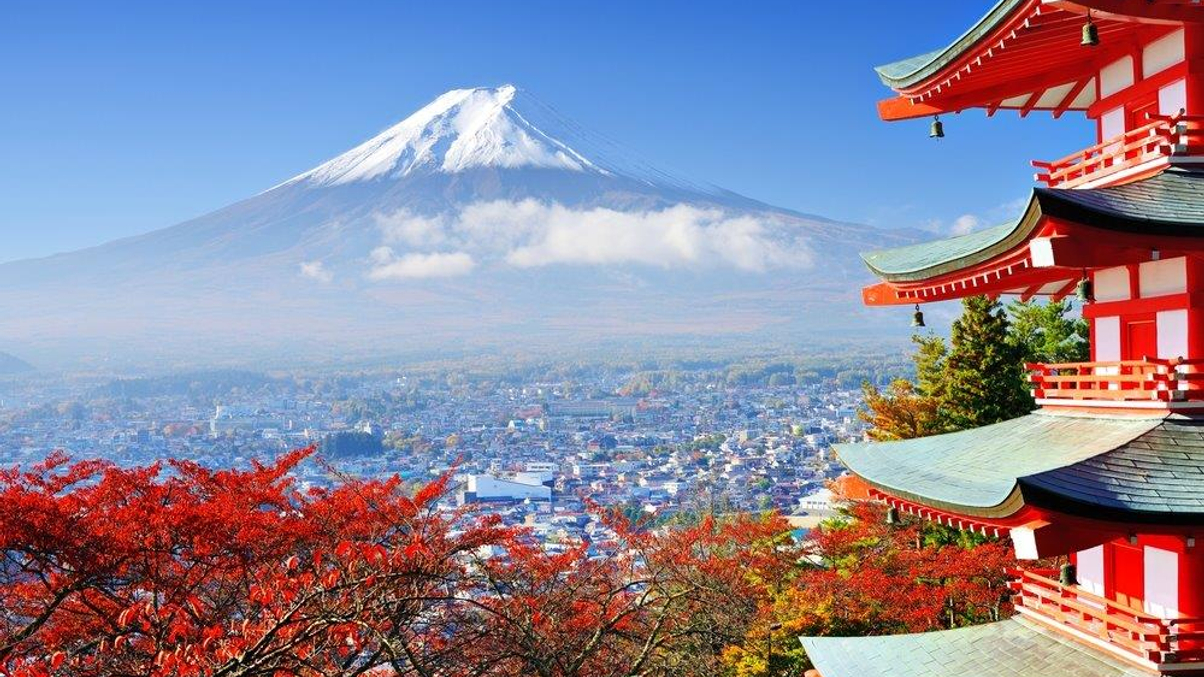Opinion: As Japan reopens, asset owners face better investment options, currency dilemmas
Japan’s depreciating yen made the reopening of the country’s borders inevitable. While the move will allow dealmaking to be smoother, new overseas investments will be a costly affair for Japanese asset owners.

Japan last week decided to reopen its borders to foreign visitors, following pressure for things to get back to normal and for business and tourism to return. Prior to its reopening, rigorous restrictions had been in place on overseas entries due to the Covid-19 pandemic.
Sign in to read on!
Registered users get 2 free articles in 30 days.
Subscribers have full unlimited access to AsianInvestor
Not signed up? New users get 2 free articles per month, plus a 7-day unlimited free trial.
¬ Haymarket Media Limited. All rights reserved.


